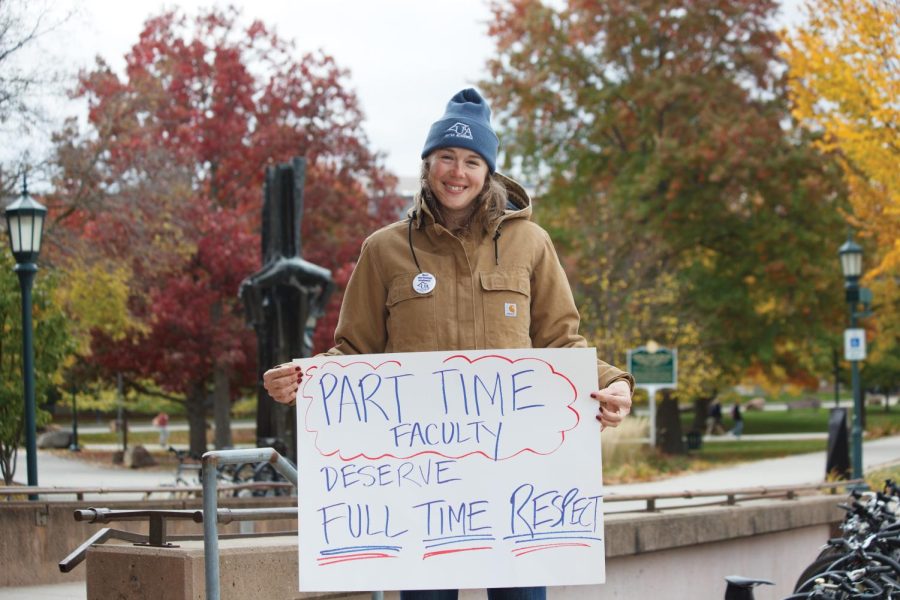Derk Pereboom, professor and chair of philosophy, is no dualist – he doesn’t neatly cleave the workings of the mind from the mechanisms of matter – but he is troubled by the tendency of some of his peers to argue that the physical basis of thought trumps all, that psychology is really microphysics.
His muscular argument that mental and psychological states can cause actions, and that these states are not merely pretty gift-wrapping of identical underlying physical factors, was published in the Journal of Philosophy as “Robust Nonreductive Materialism” in 2002. The paper was recently selected as one of the year’s ten best pieces of philosophical writing by the Philosopher’s Annual, a 25-year-old academic publication.
Pereboom’s article, which he hopes to expand into a book over the next several years, is a technical response to a particular set of problems in contemporary philosophy of the mind. In a wider sense, it is also a reaction to the evolution of work by the Vienna Circle, a group of Europeans who promoted a movement called logical positivism in the 1920’s and 1930’s, an approach which held in part that all of science boils down to physics.
Discussion of the implications of this position remains hot today among philosophers of the mind, Pereboom says, and the rejection of dualistic views of thought and consciousness by most non-religious philosophers poses a trap for those who wish to argue against reductionism.
What reductionists charge, and a lot of non-reductivists have accepted, is that psychological or mentalistic explanation has a place, but only because it is required for convenience,” Pereboom says. A psychologist can’t treat her patient by discussing the physics of the mind, so she probes thoughts and feelings; but since thoughts are physical, with impulses shifting across the brain’s limbic structures, this is merely a polite fiction.
Pereboom accepts that mental states are wholly constituted of microphysical states, but rejects the notion that this makes thought and physics one and the same. This argument directly challenges a key tenant of logical postivism – in Pereboom’s “robust view,” all of science does not reduce down to some form of physics, and psychology has a place as a distinct scientific discipline, because it studies phenomena that can not be accurately distilled down to more basic underlying causes.
The professor looks forward to reading formal reactions to his argument, which will probably start showing up in journal articles over the next year or two. In the meantime, he’s surprised and gratified by his work’s inclusion in the annual.
Brian Leiter, a legal philosopher at the University of Texas, offers some context on his Web site about the significance of having a paper being selected for the publication.
“As the editors admit, choosing 10 articles is a rather daunting task,” Leiter writes. “But if you look at their choices from 20-25 years ago, it’s certainly the case that about 25 percent of the articles they picked turned out to be genuinely important – either the articles themselves (or the ideas they introduced and then incorporated in to books) are still read and discussed today. That’s a pretty good track record, given the difficulty of the task.”





















